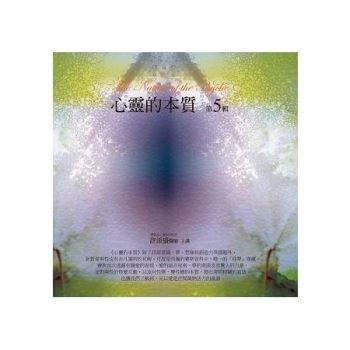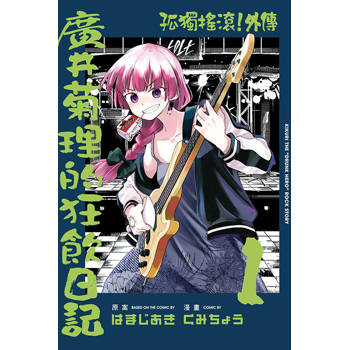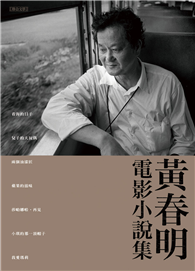In recent years the life-course perspective has become a popular theoretical orientation toward crime. Yet despite its growing importance in the field of criminology, most textbooks give it only cursory treatment. Crime and the Life Course: An Introduction by Michael L. Benson provides a comprehensive overview of contemporary research and theory on the life-course approach to crime. The book emphasizes a conceptual understanding of this approach. A special feature is the integration of qualitative and quantitative research on criminal life histories.
The book:* Provides an overview of the life course approach and describes the major concepts and issues in life-course theory as it applies to criminology.
* Reviews evidence on biological and genetic influences on crime.
* Reviews research on the role of the family in crime and juvenile delinquency.
* Provides a detailed discussion of the criminological life-course theories of Moffitt, Hagan, Sampson and Laub, and others.
* Discusses the connections between youthful crime and adult outcomes in education, occupation, and marriage.
* Presents an application of the life-course approach to white-collar crime.
* Discusses how macro sociological and historical developments have influenced the shape of the life course in American society as it relates to patterns in crime.












